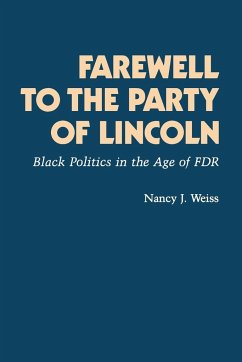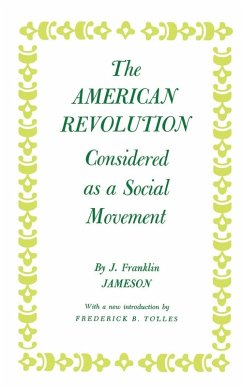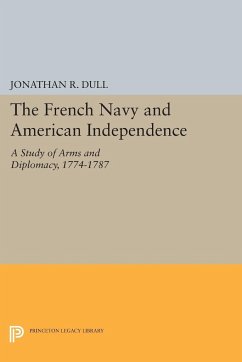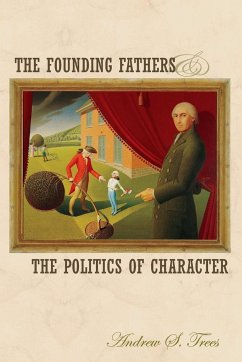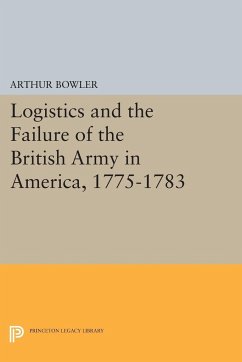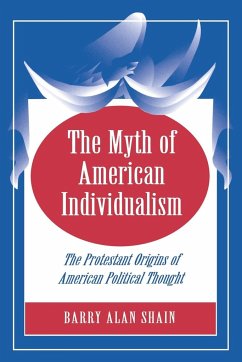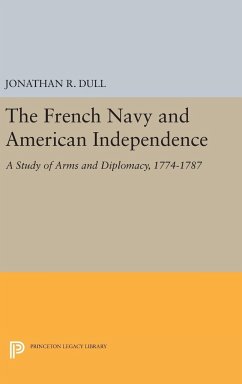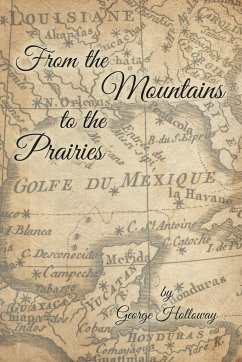
To the Farewell Address
Ideas of Early American Foreign Policy
Versandkostenfrei!
Versandfertig in 1-2 Wochen
28,99 €
inkl. MwSt.

PAYBACK Punkte
14 °P sammeln!
Washington's Farewell Address comprises various aspects of American political thinking. It reaches beyond any period limited in time and reveals the basic issue of the American attitude toward foreign policy: the tension between Idealism and Realism. Settled by men who looked for gain and by men who sought freedom, born into independence in a century of enlightened thinking and of power politics, America has wavered in her foreign policy between Idealism and Realism, and her great historical moments have occurred when both were combined. Thus the history of the Farwell Address forms only part ...
Washington's Farewell Address comprises various aspects of American political thinking. It reaches beyond any period limited in time and reveals the basic issue of the American attitude toward foreign policy: the tension between Idealism and Realism. Settled by men who looked for gain and by men who sought freedom, born into independence in a century of enlightened thinking and of power politics, America has wavered in her foreign policy between Idealism and Realism, and her great historical moments have occurred when both were combined. Thus the history of the Farwell Address forms only part of the wider, endless, urgent problem. Felix Gilbert analyzes the diverse intellectual trends which went into the making of the Farwell Address, and sheds light on its beginnings.



